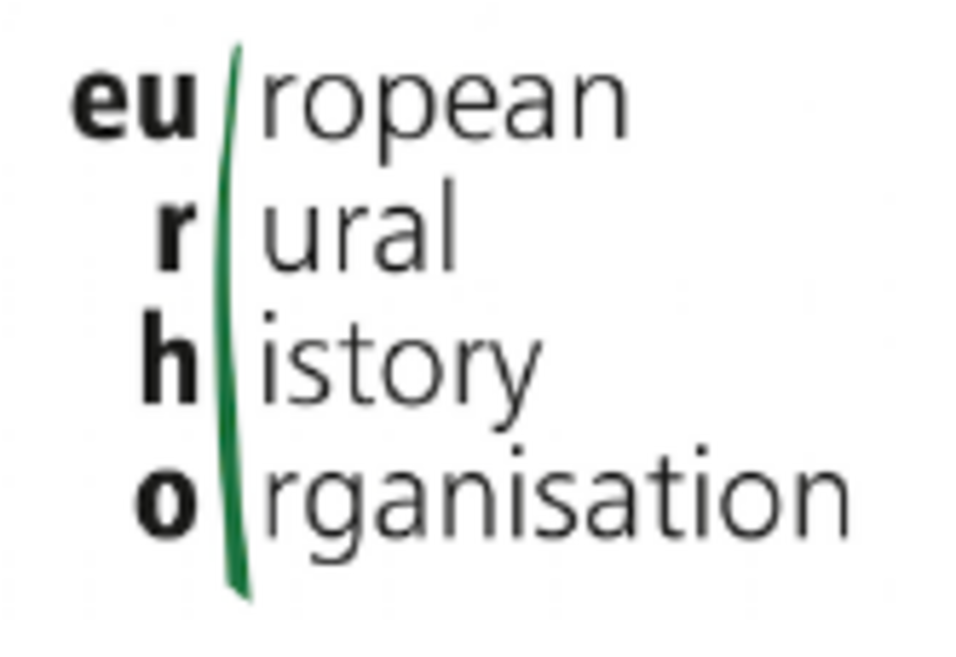Federico D´Onofrio is participating in the Sixth Biennial Conference of the European Rural History Organisation, 11–14 September 2023, Cluj-Napoca, Romania. His panels will discuss "Crossing micro with macro: data to observe and transform agriculture" and "Averaging Pears and Apples: Farm Accountancy Data on the Eve of the Keynesian Revolution"
Federico D`Onofrio is participating in the EURHO conference

